Is being hunched over a mountain of textbooks furiously studying into the late hours of night a romantic experience? To those who barely scraped through the recent exam season this concept would be met with hysterics and hard ‘no’s. However – the subculture of “dark academia”, an aesthetic that has consumed Spotify playlists and Tik Tok, advocates the idea that choking on the scent of cigarette ash wafting over battered library books is the ‘joie de vivre’ of education.
Think: the scores of Bach and Mozart, generation old tweed blazers, and worn leather satchels. All of these thoughts fit comfortably within the sphere of the retromania aesthetic. They pay homage to the pursuit of knowledge that is lost by reclaiming it in the modern day.
The annual resurgence of the subculture is synonymous with the back to school season, benchmarking the transition from summer holiday daydreaming into the determined academic mindset ‘optimistic’ students adopt at the start of the school year. In the wake of rapid consumerism and constant access to media it’s now easier than ever to find your entire lifestyle uprooted by micro-aesthetics. Most students, myself included, would recoil at the idea of essay writing and reading century-old literature; dark academia on the other hand romanticises this aspect of education and what it means to exist as a student at university.
With the idealisation of university life in mind; the line between the reality of academia and fetishised fantasy becomes blurred.
Patricia Aroyewun, for example, an English teacher at Xaverian and alumni of St Peter’s college at Oxford University, told me about the dysphoria she felt during her time as a student: “I definitely met people who fell under the characterisation of dark academia and there were certain sections of how ‘intellectual’ sounded. The students and lecturers wouldn’t expect me to say ‘intelligent things’ because I didn’t fit that perception of ‘those’ students who go to Oxford.”
For the average student loan dependent scholar, participation in the dark academia lifestyle begs an expensive price of admission. The drinking of black coffee in run down cafe’s several times a week in order to maintain the image of a “caffeine-dependency” demands a certain financial stability that can only be achieved by those who have the right economic background.
There is also the issue of the idealisation of traditional, and somewhat outdated, culture. Intertextualism means that it would almost be impossible to escape the reigns of reference to major figureheads such as Shakespeare. However dark academia arguably dismisses contemporary culture completely and instead focuses on the resurrection of traditionalist culture.
Instead of moving ahead with the liminal shifts of the modern cultural identity, dark academia attempts to relive the art of the past. But should we really continue romanticising the works of Keating and Yeats when already our curriculum and media is dominated by old white men? By retreating back into traditional narratives we inadvertently silence the voices of the women, poc, and members of the LGBTQ+ who have only just been allowed to break out into the media today.
With all this being said there is also beauty behind the concept of romanticising the pursuit of academia. As students we find ourselves so caught up in the sheer volume of information that is fed to us that we rarely have time to fully appreciate what we are learning. Micro-aesthetics like “Dark academia”, on the other hand, allow students to reclaim the romantic aspect about what it means to cultivate and nurture knowledge.
There is definitely room for us to romanticise what it means to exist as a student in academia in order for us to fully grasp the privilege we have as students who possess the knowledge to shift culture and media as we know it. However, lest our Pinterest feeds make us forget, we should also consider the critiques subcultures like “dark academia” pose instead and consider them as less of a lifestyle to abide by but another way of viewing the confusing and complex world we live in.

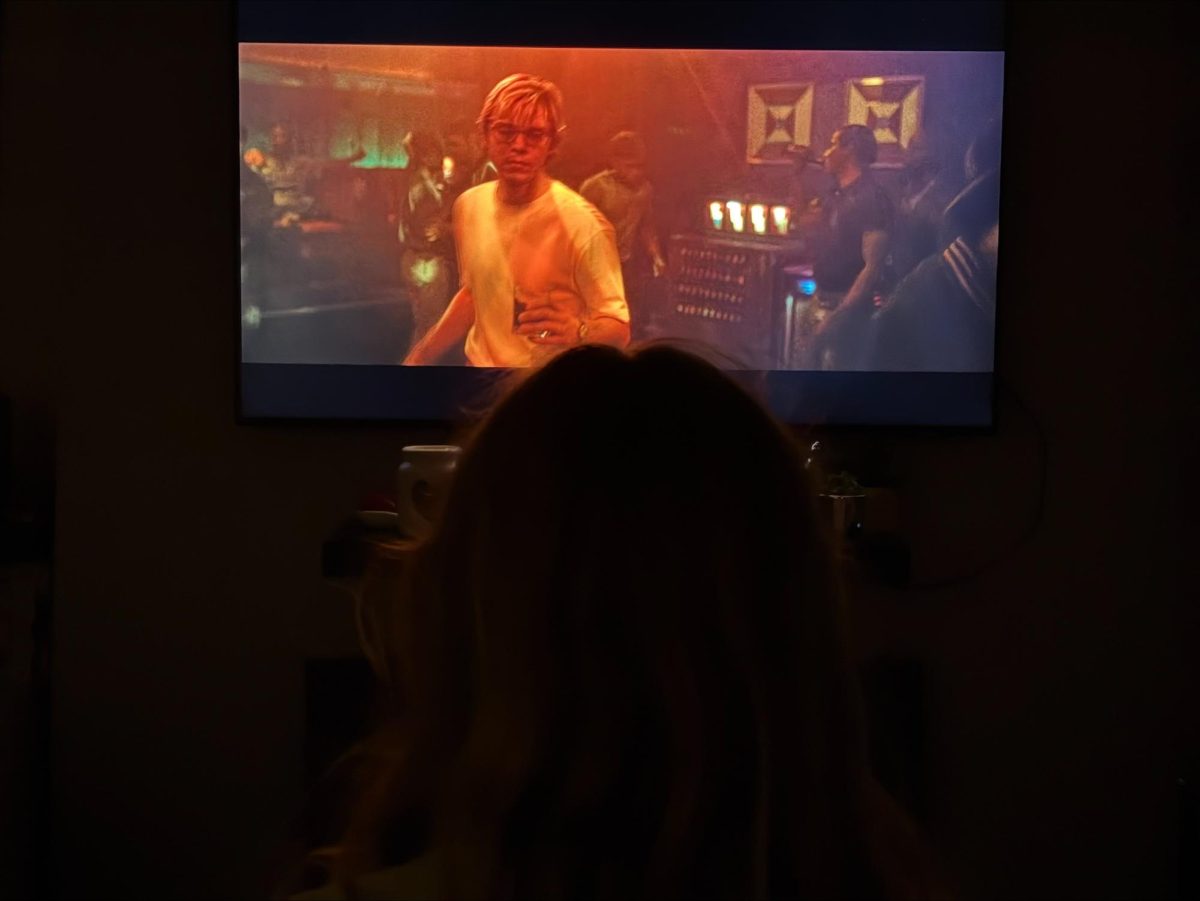

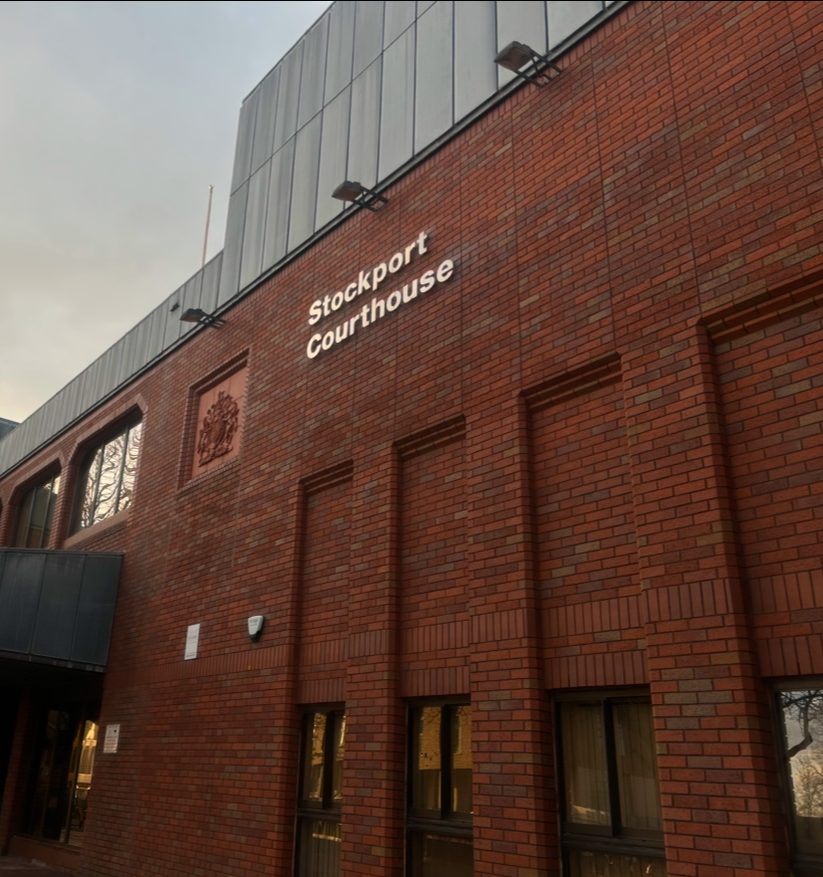
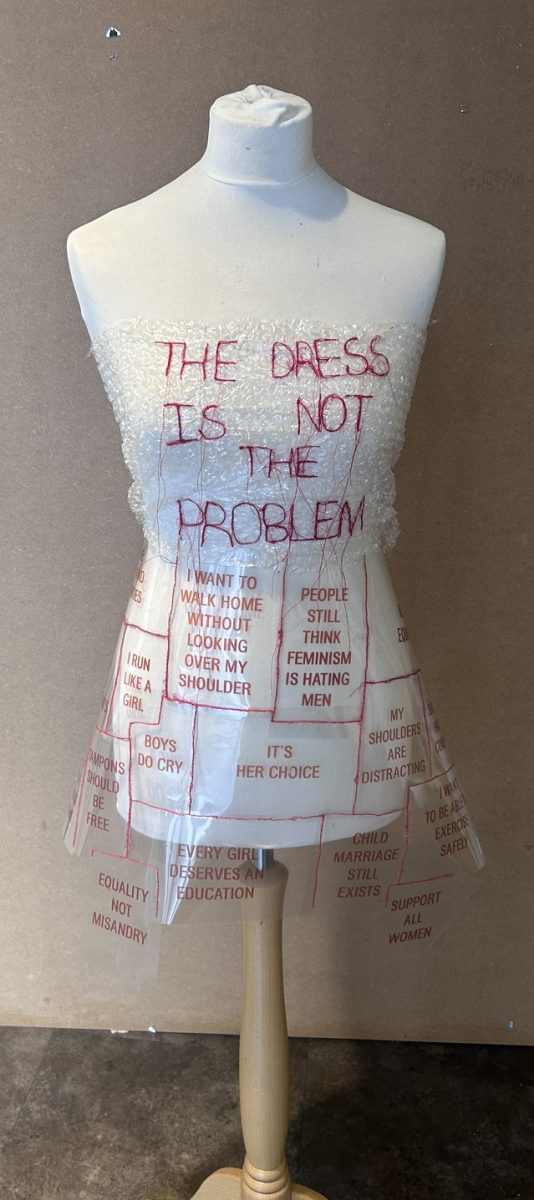
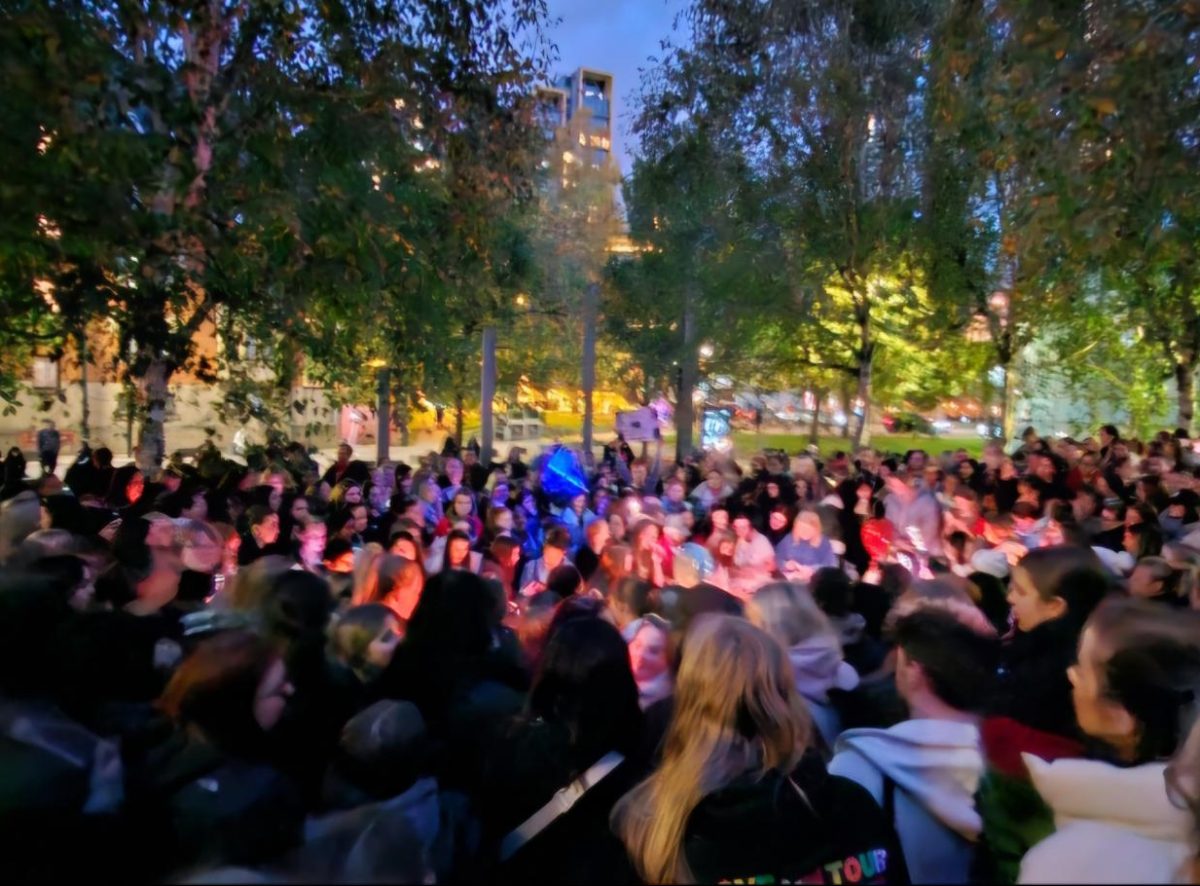
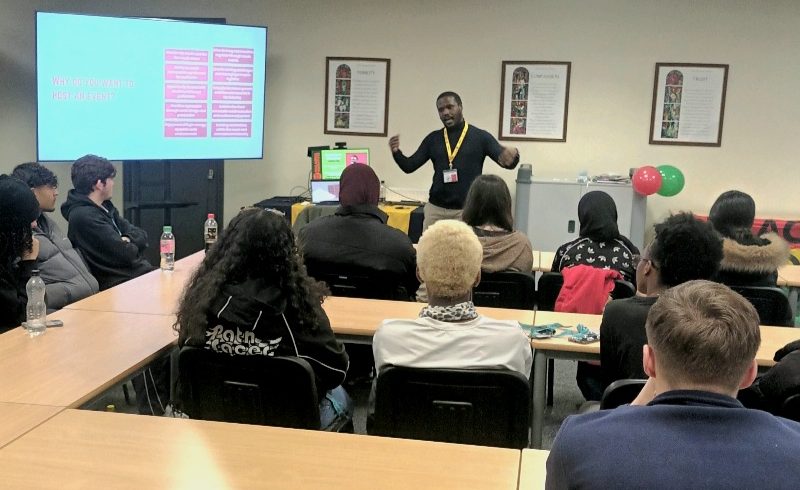
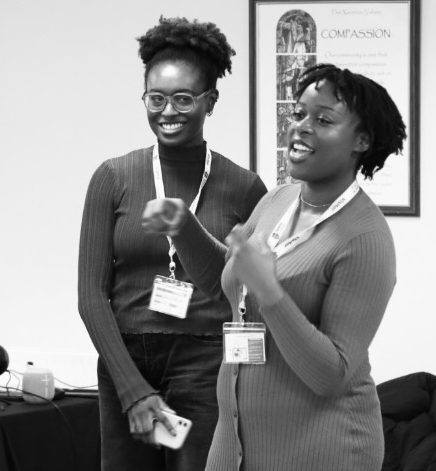
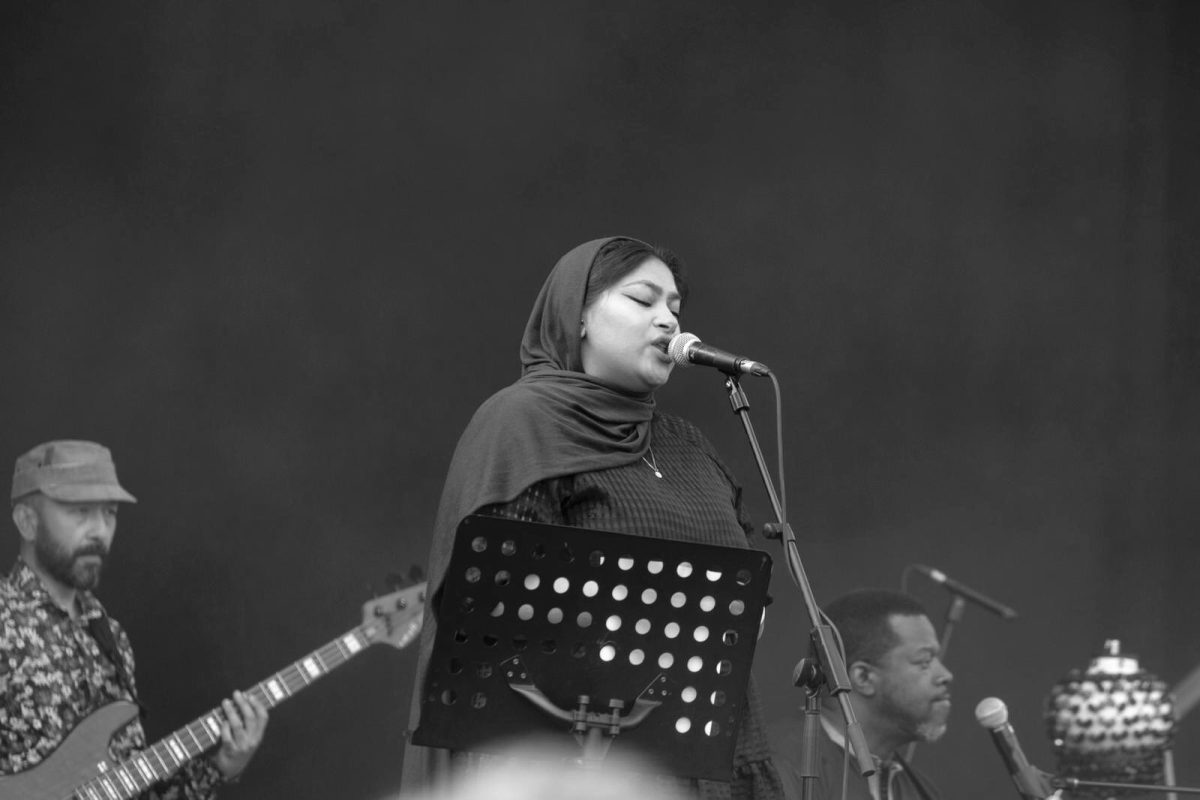
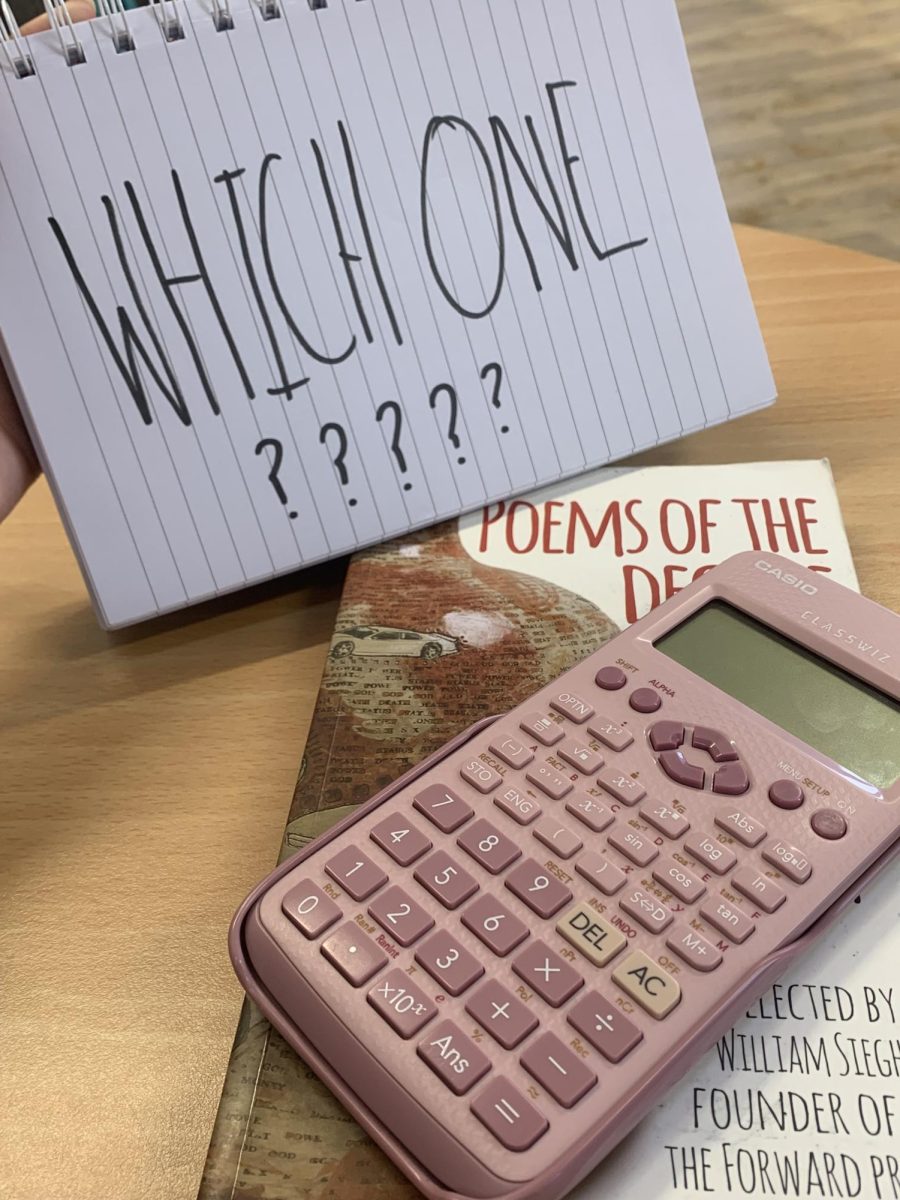
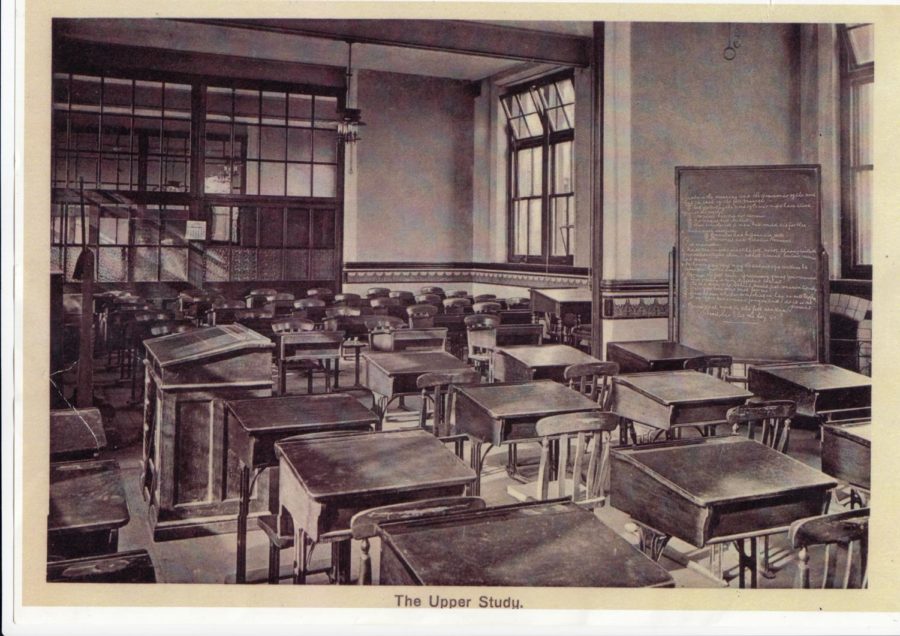
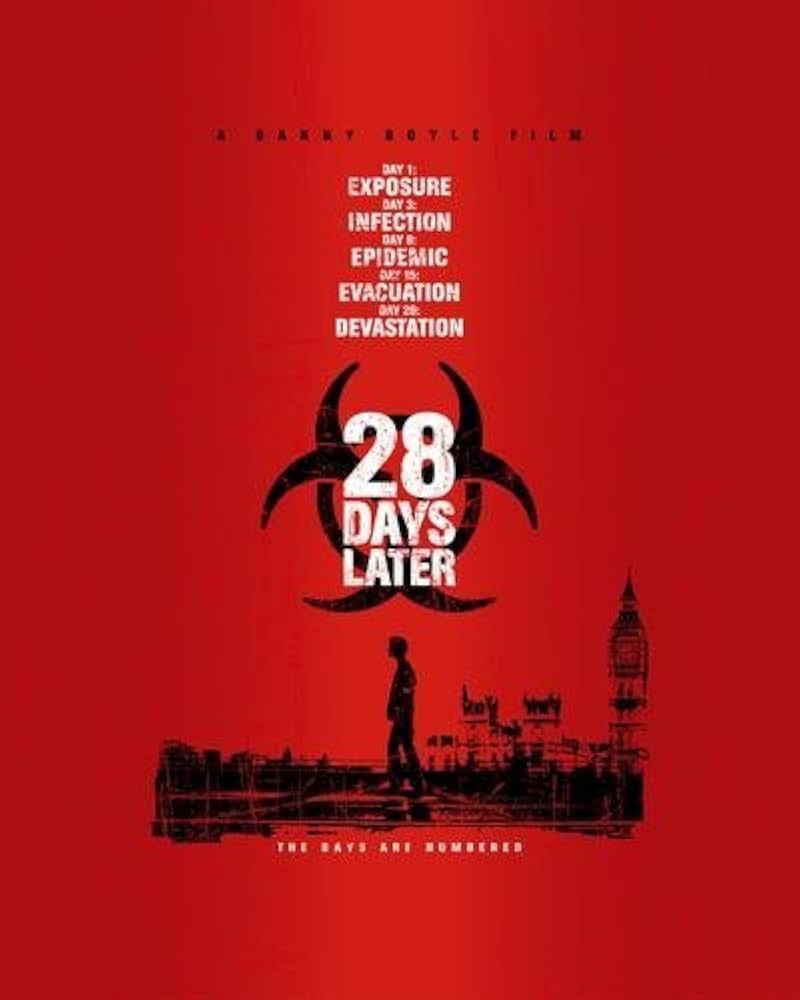
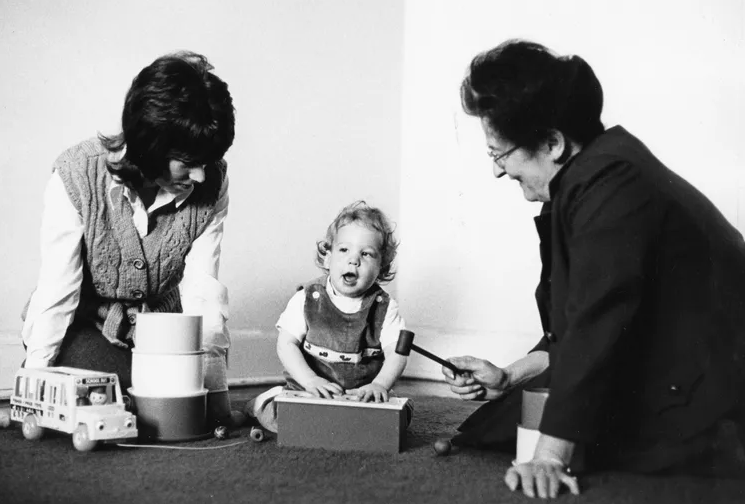
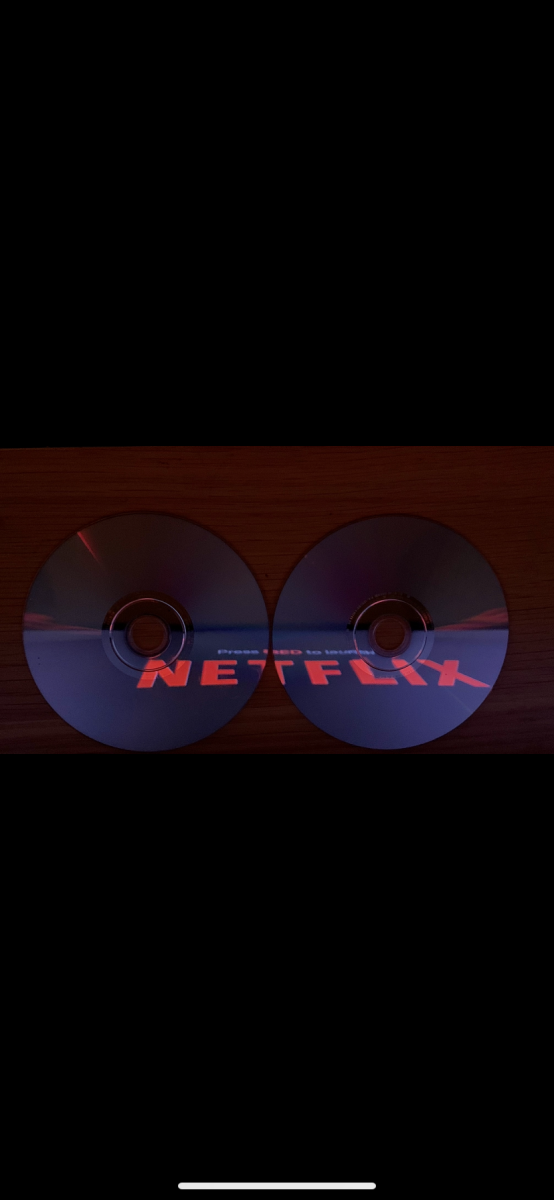













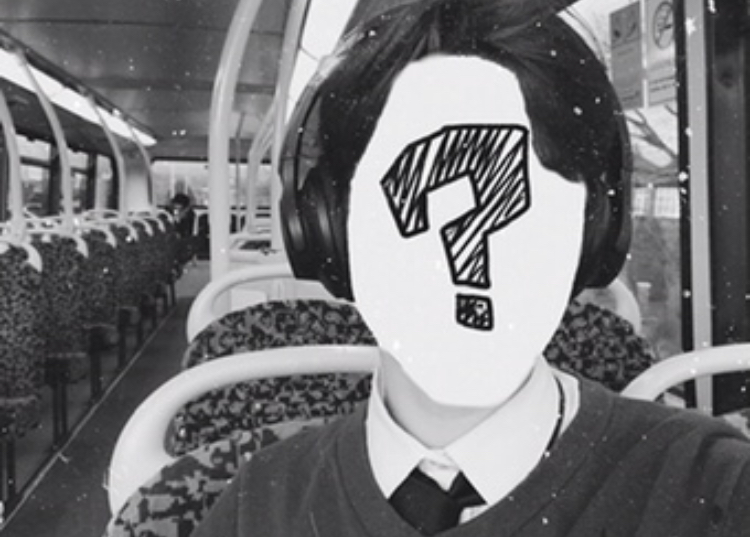



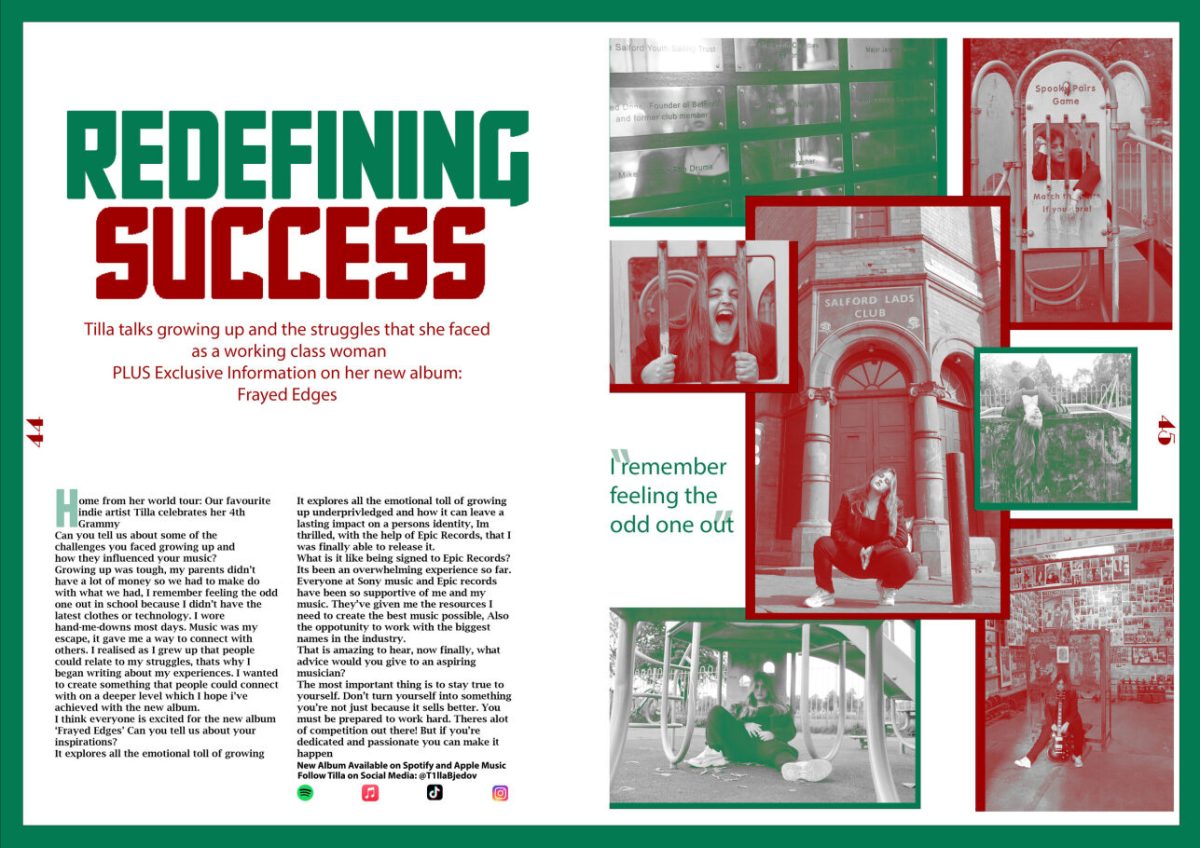

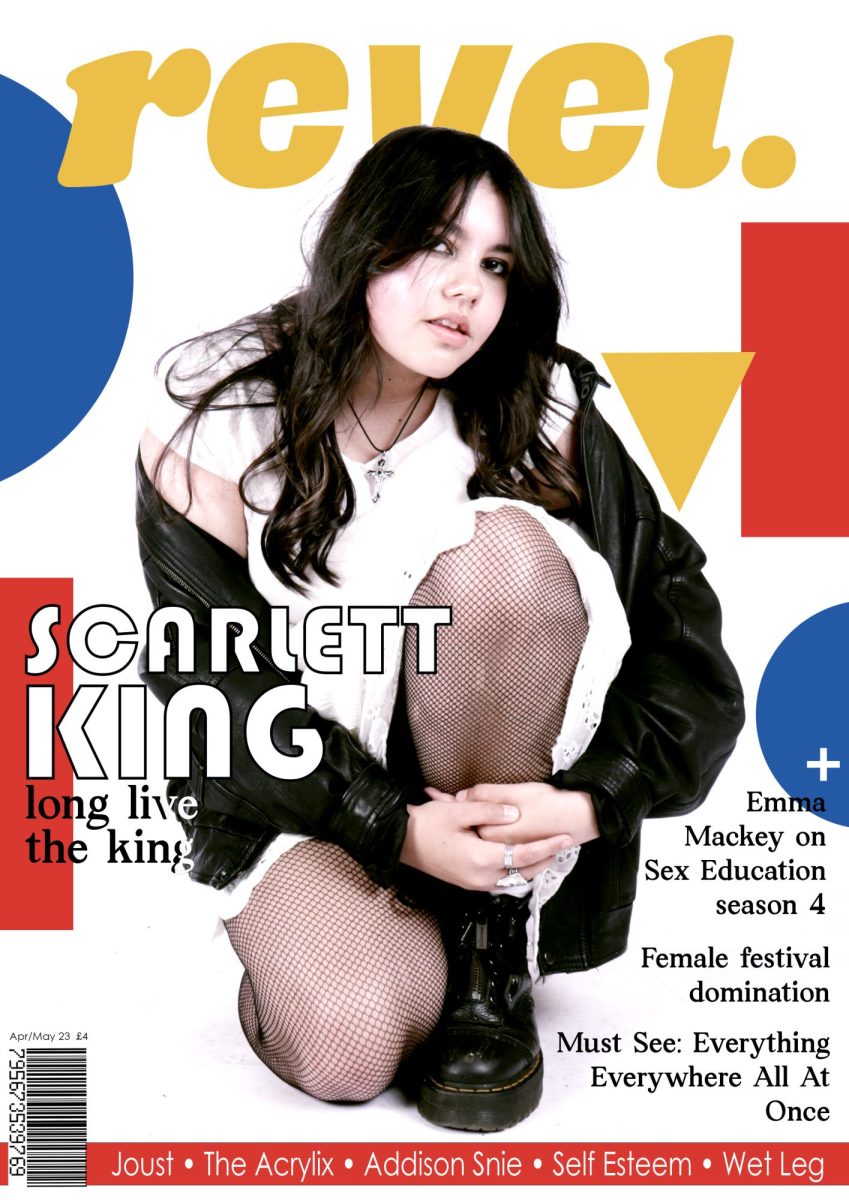
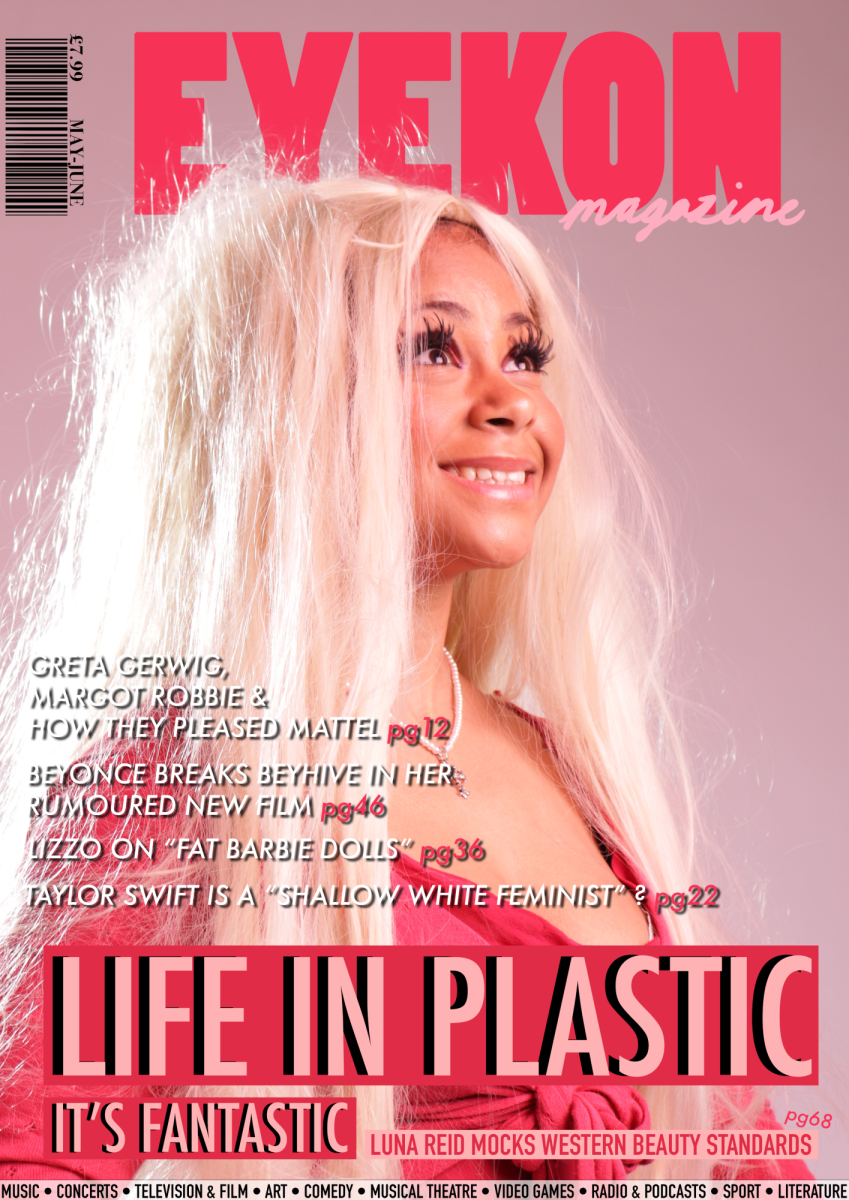
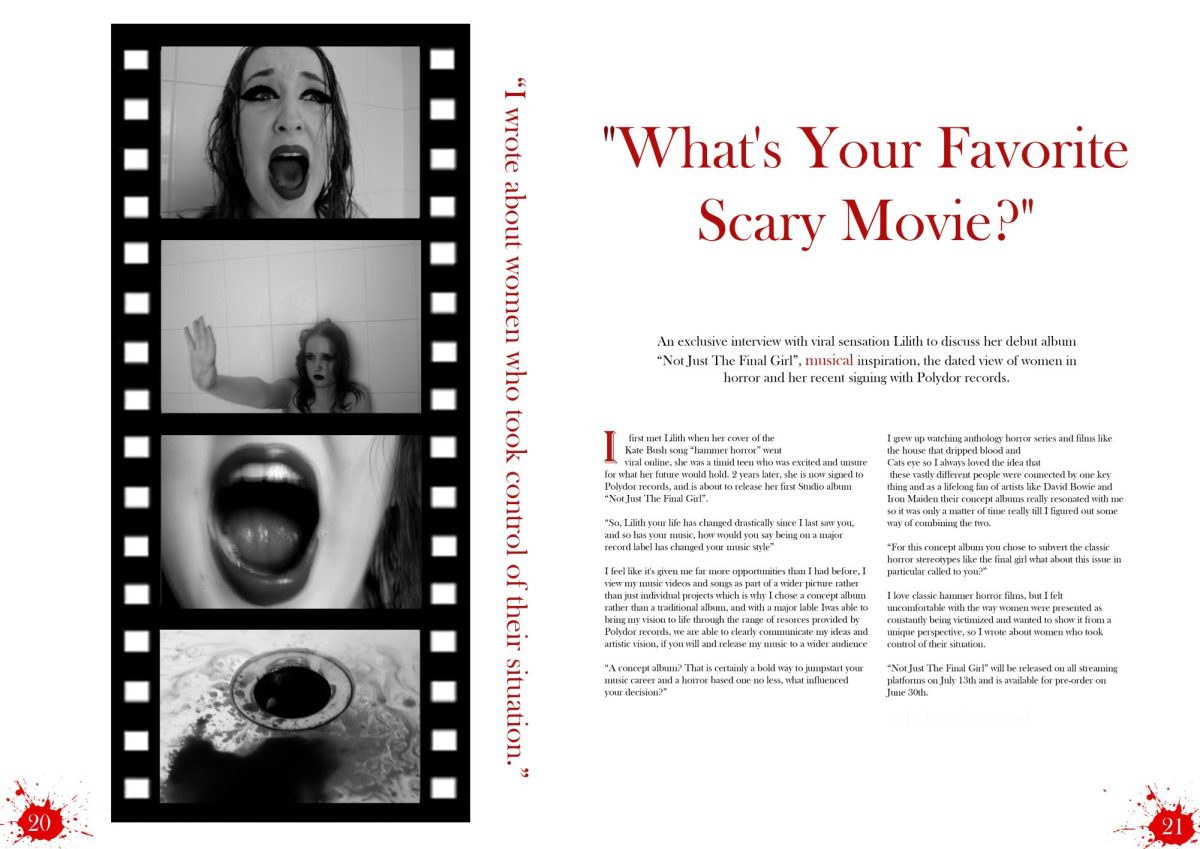

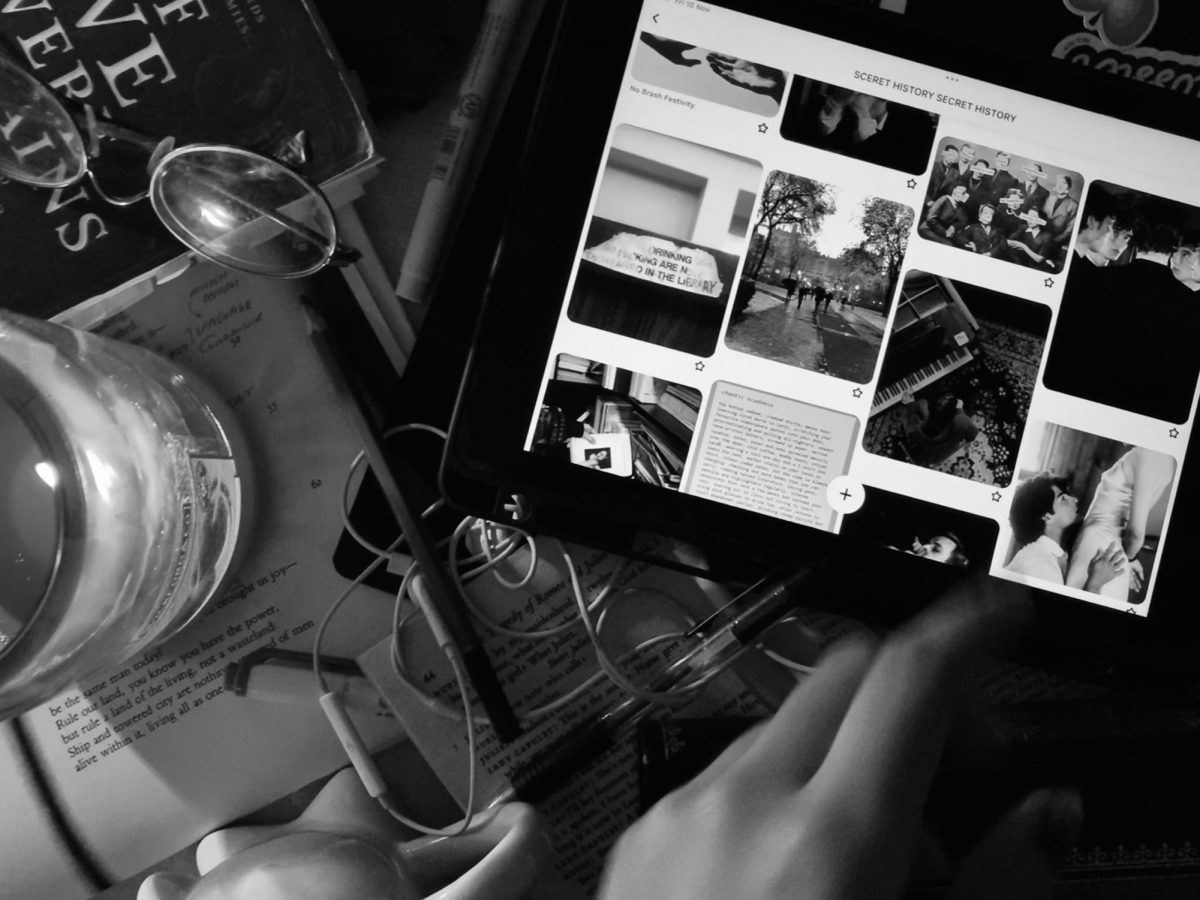
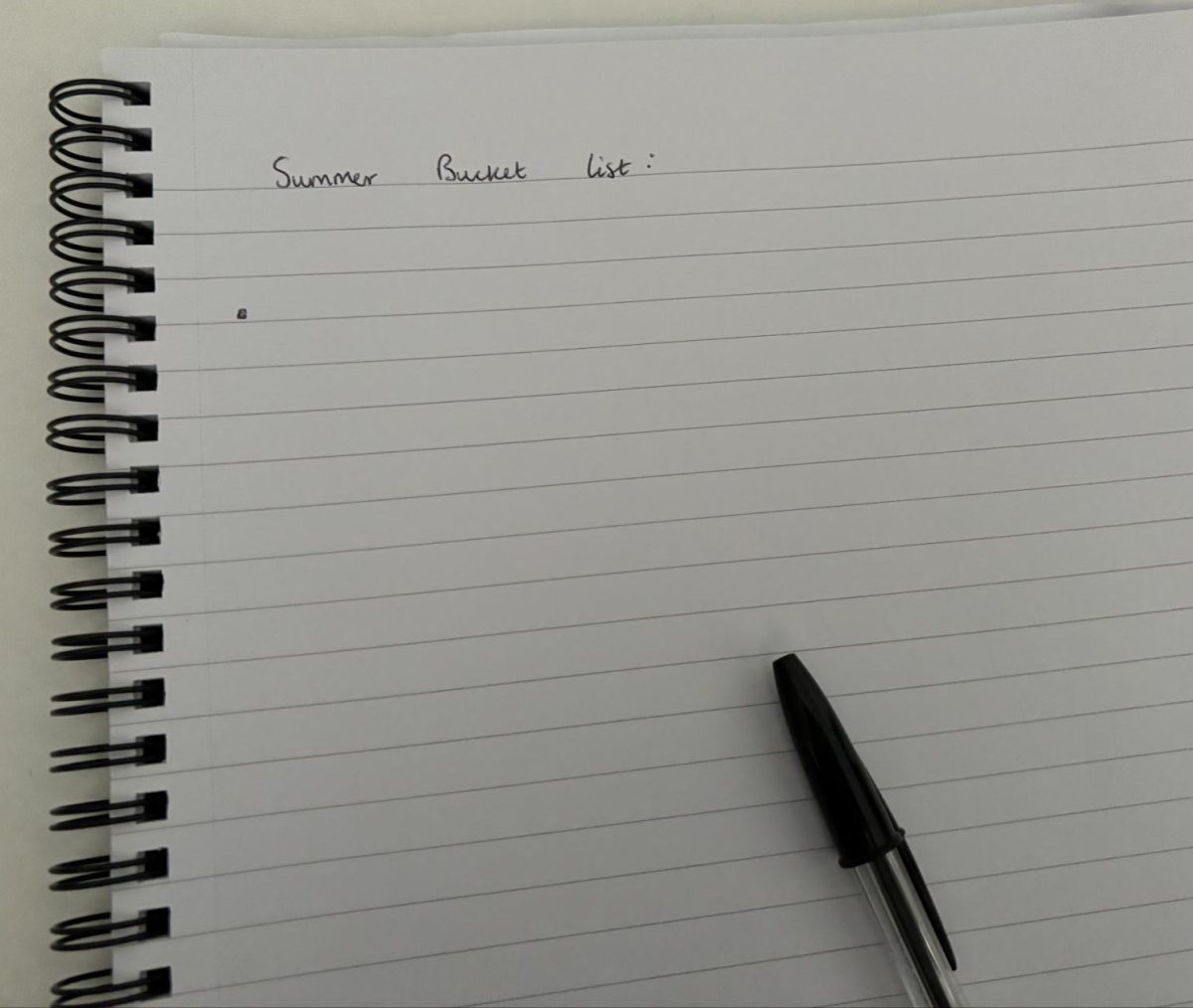
Pippa Alsop • Dec 13, 2023 at 6:57 am
very interesting! I like the use of different perspectives and backgrounds
Jacqui Shirley - Organiser • Nov 30, 2023 at 6:10 am
Really interesting and thoughtful article, well researched and written